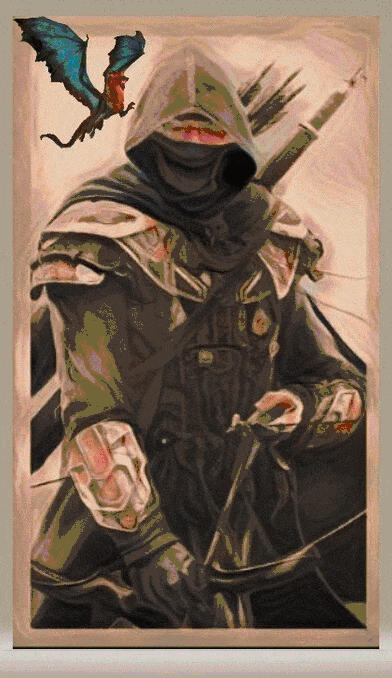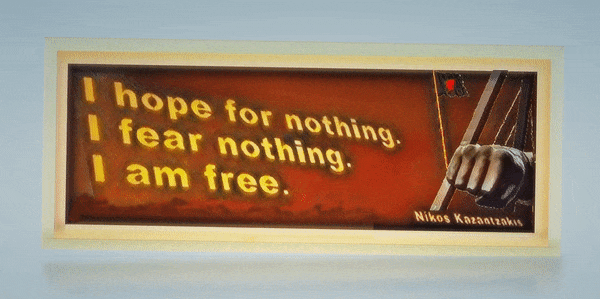top of page
Relativism
Phase II A Second Supervisory team 2013 - 2014
The second stage of the research process was characterised by non-conductive academic interaction with the University staff, which eventually lead to official complaints, appeals to supervisory authorities and the formal cessation of my studies at the University. Despite these disputes, I proceeded with my research process and developed professionally from my attempts to understand the motivations of the individuals and organisations with whom I interacted, and from the way I overcame the disputes. Without the support or input of supervisors, I eventually produced outcomes which were practically applicable in the field. My conviction that I would eventually be reinstated on the EdD program never relented and was derived from my belief in the practical necessity in the field for the knowledge which I wanted to produce and disseminate.
My new DOS was a specialist in Education and school governance was located in Derby and fulfilled the role of EdD program leader. I presented my ReachingOut Knowledge evolution essay to my new supervisors in an attempt to initiate communication with them on the subject and elaborate on it for the purpose of my research. Unfortunately, the content of this article was ignored by my supervisors, who insisted upon a methodology chapter which I struggled to produce due to my unresolved epistemic and methodological dilemmas. I was unable to achieve adequate communication with them on neither crucial academic nor administrative issues, which prevented progress on my research.
Phase II B Academic Dispute 2014 - 2017

The interaction between the University staff and myself from Jan 2013 onwards deteriorated, and due to the administrative misconduct of my DOS, I launched a formal complaint against her in Sept 2014. At this time, Dr Anna Cristal-Lilov, a British born physician specialising in Obstetrics, gynaecology and the treatment of adolescents, began to take an interest in my practice approach to adolescents. She observed my practice, read my work and heard about my dispute with the University which I was forced to deal with despite my learning disabilities. In light of this and seeing her involvement as a professional obligation, she volunteered to assist me with my correspondence with the University in their complaint procedures. Being dissatisfied with most sections of my complaint outcome, and being expected to continue my research with the supervisor who was the object of my complaint, my claims were elevated to the review of the DVC. When his outcome did not provide a satisfactory response, nor conducive conditions for the continuation of my studies, I launched an appeal to the OIA and the QAA (HCFCE).
Below is the timeline of correspondence and evidence describing the procedures of my formal complaint against the University and my appeals to the supervisory authorities.
From 2013 onwards, the professional dialogue between Anat and I became the mainstay of my research method. Although our dialogue was not acknowledged as such by the staff, our conviction that we were able to produce practical knowledge through our dialogue was consistently strengthened over the years. Anat’s insistence to present the collaborative research process which she had conducted with me, and not a fragment of it related to a single aspect, caused a dispute with her supervisor, and the termination of her studies. Following her dissatisfaction with the outcome of her formal complaint, and the DVC’s review, she also launched an appeal to the OIA and QAA (HCFCE).
Dialogue 2014 - 2017 Projects
Despite the bureaucratic complaint and appeal procedures, Anat and I understood that we had conceptualised a procedure for the extraction of the tacit knowledge of an experienced practitioner and the production of innovative practical knowledge, through dialogue with a trainee practitioner. During this period we produced our model of practical knowledge in psychotherapy, which I conceptualised through flowcharts and diagrams. This knowledgebase comprises the foundation of our training courses which we began to teach in our independent training academy which we opened in 2016.
These diagrams describe the stages of my practice approach, and the website enables their dynamic presentation in sequence, for the ease of comprehension by the reader. They enabled me to transfer aspects of my practice approach to Anat for her consideration in her practice and later to our trainees in our courses. The diagrams are also intended to inspire other practitioners to conceptualise their own practice approach and reflect upon it, for the purpose of developing their practice and transferring it to others.
-
Critical Realism
-
-
Research Methodology
-
-
Rotem Academy

I constructed the first version of my website as a site to present the dialogic process which I had conducted with Anat. The site demonstrated the stages and aspects of the process through textual elaboration of the relevant subjects and video clips.

The following scheme illustrates the generic procedure for the extraction of tacit practical knowledge of an experienced practitioner, which enables the conceptualisation of innovative transferable practical knowledge. It can serve as an inspiration to other dyads of teacher and trainee practitioners.

During this second phase of my doctoral journey, I considered the relativistic epistemologies which characterise most psychotherapeutic approaches and the qualitative paradigm in which the field of my research is located. I reviewed the philosophies of Epistemic Relativism, Interpretivism, the notion of Triangulation, and Social Epistemology. In light of our dialogic method, I also reviewed the philosophies of Constructivism, and Constructionism, which focus on the co-construction of knowledge and the concept of Peer Disagreement. In the following review, I present the reasons why I could not align myself as a practitioner and researcher in a pure relativist epistemic position.
In 2017 we reached an agreement with the University to separate the issue of our studies and from our right to financial compensation, and the University announced its intention to resume our studies.
bottom of page








